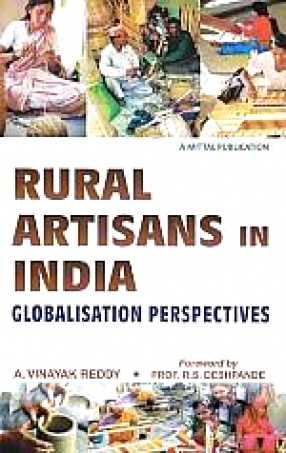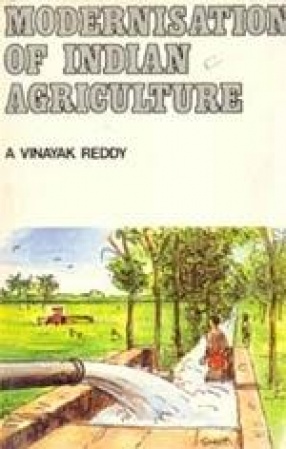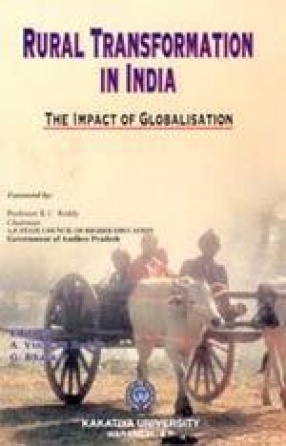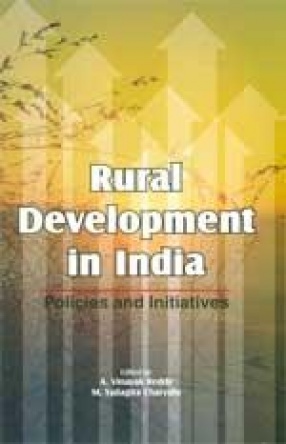
Showing all 7 books


This compendium of 57 papers seeks to examine the different dimensions of tribal development in India. Taking a close look at the socio-economic conditions of tribal communities, it discusses at length the status of literacy and education among them, their economic empowerment, the role of ITDA in the promotion of tribal education, status of tribal women education, and the issues of poverty and employment among the tribals.
Focusing on the issues of health care ...


The book describes the nature of technological changes in farming methods among different size groups of farm households. The study covers a sample of 300 farming units, spread over three districts of Andhra Pradesh. The temporal study examines the impact of HYV seeds and mechanization on production and productivity of chosen crops among different size holdings. A study has also been made of the impact of seed fertilizer technology and mechanization of farm ...

Emergence of WTO and the series of deliberations under Uruguay round have changed the world economic order. Indian Government has shelved the earlier protectionist policies and opened up the economy to the world market. Undoubtedly, this has helped the Indian economy to recoup its strength with the flow of international capital and technology resulting in a robust economic position. The economy is moving steadily with more than 6 per cent DGP growth rate for the ...

Sixty years after independence in 1947, India has made satisfactory progress in raising the production of foodgrains, fruits, vegetables, sugar and other plantation crops. However, shortfalls in the production of oilseeds and pulses are concerns for the planners for a long time. The Technology Mission on Oilseeds (1986) achieved some initial success but the continued expansion in population caused demand for edible oils to rise which the domestic output is unable ...

The largest portion of the natural resources of India consist of land and by far the largest number of its inhabitants is engaged in agriculture. Therefore, in any scheme of economic development of the country, agriculture holds a position of basic importance. Agriculture sector occupies a key position in the Indian economy and employment to about 65 per cent of the working population of India. The economic development process guided by the market-driven ...

Rural Infrastructure in India, though much improved than prior to economic reforms, is not commensurate with emerging challenges of globalisation to the rural economy. Rural skills are either untapped or underutilized. Up gradation of rural technologies has not been taking place satisfactorily to cater the needs of unemployed rural youth. Rural artisans are not finding proper place in the economic arena and they are not having adequate opportunities to prove ...
